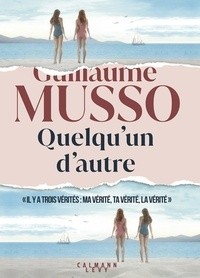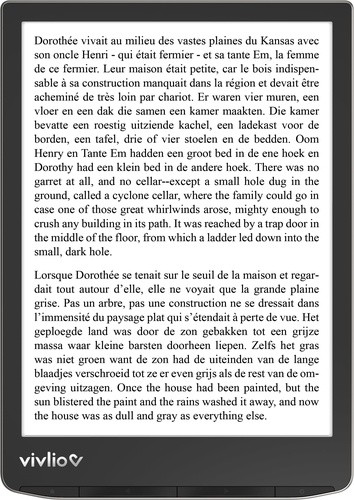Oscar Ryan (1904-1989) was born Oscar Weinstein; he took his underground name from his mother's maiden name, Rein. He grew up in Montreal and Winnipeg and after high school took a number of odd jobs before joining the Young Communist League as a full-time party activist. He was a writer on the Daily Worker and its successors, the Daily Clarion and the Canadian Tribune for the rest of his life. As Martin Stone, he was a theatre critic for the Tribune from 1955-1988.
In the Communist Party of Canada (CPC) he was an early supporter of Tim Buck, a cultural organizer, publicity director of the Canadian Labor Defence League, and the author of numerous pamphlets. His published work includes the agitprop play Unity, the novel Soon to be Born, and a biography of Tim Buck.
Edward Cecil-Smith (d.1964) was born in China, where his British parents were Anglican missionaries with the China Inland Mission in Guiyang.
He immigrated to Canada in the late 1920s and worked as a newspaper reporter; in 1933 he was a reporter and editor of The Worker. In 1937, he commanded the Mackenzie-Papineau Battalion of Canadian volunteers in the International Brigades of the republican army in the Spanish Civil War. After the war he left the Communist Party, and worked as an editor for Wallace Publications, a publisher of trade magazines.
Frank Love (H.
Francis) was an electrician by trade who joined the Progressive Arts Club. His first attempt at playwriting, a one-act dramatic sketch called Looking Forward, was performed by the Workers' Theatre at the Unemployed Congress in Ottawa in the summer of 1933. His memories of Eight Men Speak were collected in 1988 by an MA student at the University of Guelph. As H. Francis, he played two of the roles in Eight Men Speak.
Mildred Goldberg was for a brief time a member of the Progressive Arts Club, and participated in the Workers' Theatre and the journal Masses.
Her contribution to the play, the mass recitation of Act IV, was the best-received sequence, and she later published it under her own name in Masses. She also wrote an article in Masses on "how to form a dramatic group." She appeared in Eight Men Speak as the sobsister in Act II. She left the Progressive Arts Club after Eight Men Speak.
Alan Filewod is professor of Theatre Studies and director of the School of English and Theatre Studies at the University of Guelph, Ontario.
His research fields include Canadian theatre history, radical political theatre and masculinist performance in war play and re-enactment. His books include Committing Theatre: Theatre Radicalism and Political Intervention (2011), Performing Canada: The Nation Enacted in the Imagined Theatre (2002), Collective Encounters: Documentary Theatre in English Canada (1987), and, with David Watt, Workers' Playtime: Theatre and the Labour Movement since 1970 (2001).
He is a past president of the Association for Canadian Theatre Research and of the Association for Canadian and Quebec Literatures/Association des littératures canadienne et québécoise, and is a former editor of Canadian Theatre Review.





